From the USSR to Far-Left Today: The Toxic Legacy of Antisemitic Anti-Zionism
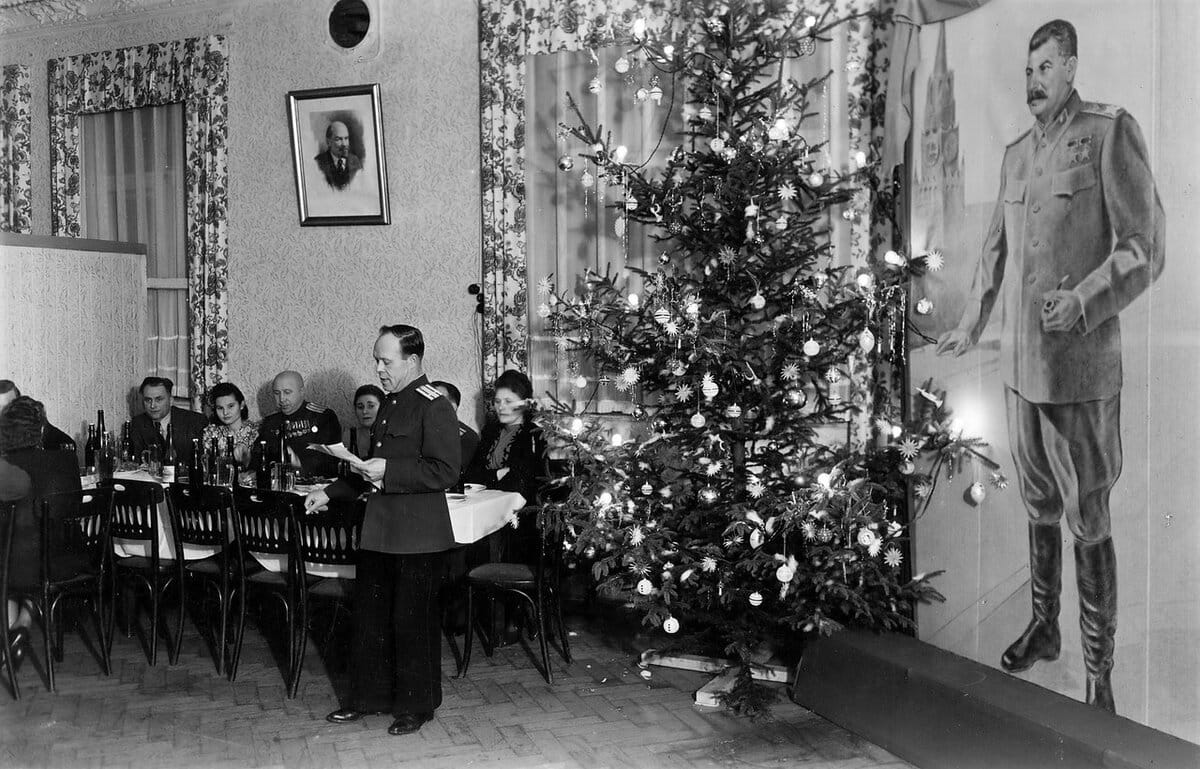
Based on work by Izabella Tabarovsky.
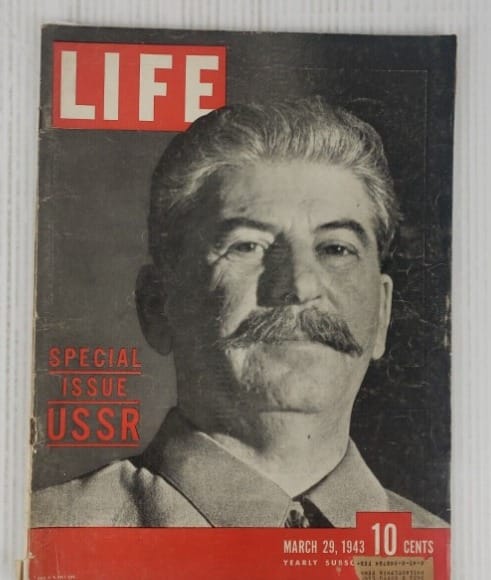
The year is 1985. The Cold War grips the world in a vise, and the Soviet Union, under the watchful eye of the KGB, launches a covert operation unlike any other: Operation Deceit. Their target: Zionism, the movement for a Jewish homeland. Their weapon: a web of lies and propaganda so vast, so intricate, it threatens to unravel the very fabric of history itself.
Codenamed "Criminal Alliance of Zionism and Nazism," the operation begins with the release of a seemingly innocuous pamphlet. Its pages, filled with fabricated stories and twisted truths, accuse Zionists of not only collaborating with the Nazis but actively aiding their rise to power. The document, a carefully crafted piece of disinformation, is disseminated far and wide through an intricate network of media outlets, spreading its poisonous message like wildfire.
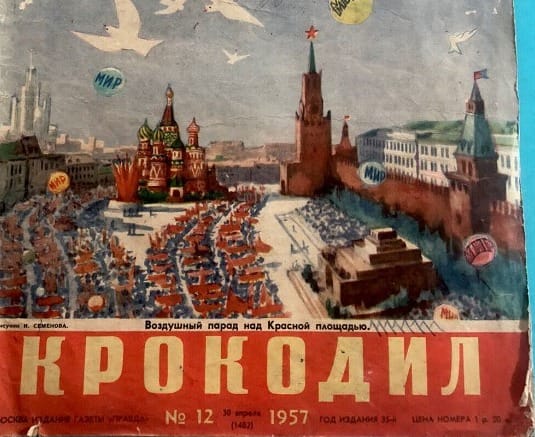
But this is no mere pamphlet. It's the tip of the spear, the first salvo in a coordinated assault on Zionism's very existence. Across the Soviet Union, the machinery of propaganda whirls into motion. Books and articles spewing anti-Zionist rhetoric flood bookstores and newsstands while radio waves and film reels blare out messages of demonization. Antisemitic cartoons, grotesque caricatures fueled by hate, become a regular feature of Soviet publications, their insidious imagery seeping into the hearts and minds of millions.
The operation's architects, a shadowy cabal of KGB agents and communist ideologues, know their target well. They understand that history, once manipulated, can become a powerful weapon. They exploit Cold War tensions, twisting the narrative to paint Israel as a fascist state, a mirror image of the very regime it fought to defeat. Their goal is to empty Zionism of its meaning as a national liberation movement, replacing it with a toxic cocktail of accusations – racism, colonialism, genocide – that resonate with their target audience.

Their reach extends beyond the Soviet borders. Front organizations and sympathetic communist parties across the globe become unwitting pawns in their grand game. The message of "Zionist-Nazi collusion" echoes in progressive blogs, whispered in the halls of academia, and even finds its way into the mouths of prominent politicians. The carefully cultivated narrative, a distorted reflection of reality, infiltrates the discourse, poisoning minds and sowing seeds of doubt.
But Operation Deceit is not without its cracks. In the midst of the disinformation campaign, brave voices rise in defiance. Soviet Jews, recognizing the insidious nature of the propaganda, speak out against the lies. Human rights activists, armed with the truth, expose the KGB's machinations to the world. The fight for truth, however, is a long and arduous one, a struggle against an adversary wielding the power of a state.
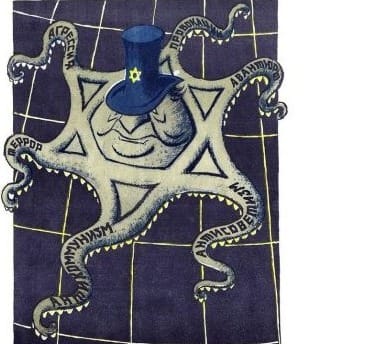
Today, the echoes of Operation Deceit still linger. While the Soviet Union may be a relic of the past, its legacy of antisemitism continues to cast a long shadow. Far-left circles, still clinging to the ghost of the Cold War, recycle the same tired tropes and accusations against Zionism. The fight against this insidious form of hatred remains as crucial as ever, a constant reminder that vigilance and truth are the only weapons capable of defeating the darkness.
The Cold War may have ended, but the battle against disinformation and its insidious effects continues. Operation Deceit serves as a stark reminder of the dangers of unchecked propaganda and the importance of guarding against the manipulation of history. It is a story that must be told, a lesson that must be learned, to ensure that the shadows of the past do not engulf the future.
To Be Continued.

